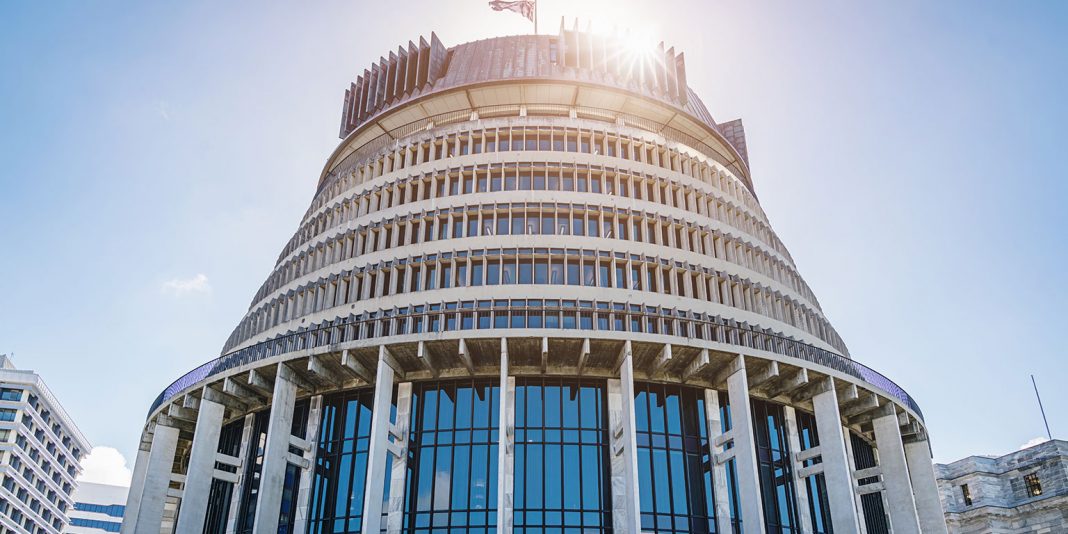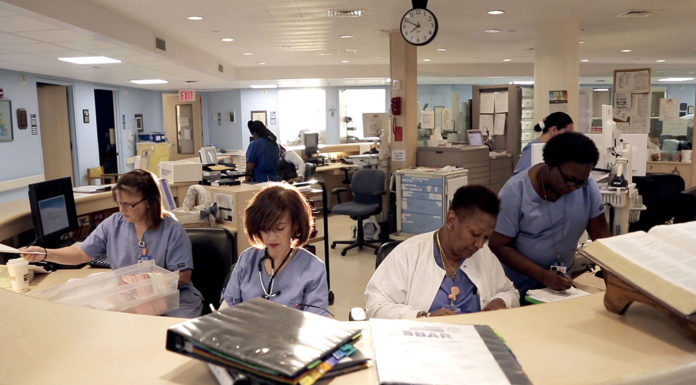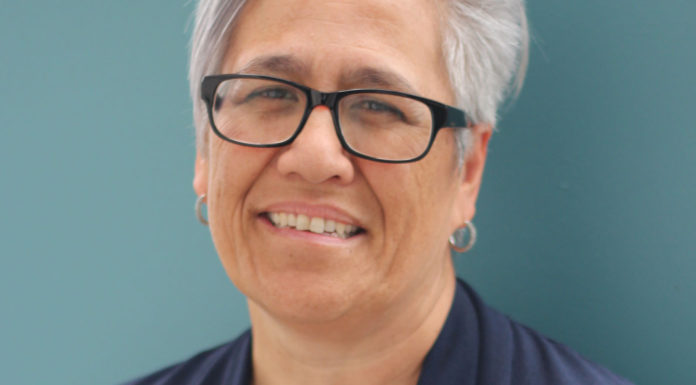The Finance Minister signalling that increases in salaries for nurses and teachers were ‘overdue’ was a welcome step, said New Zealand Nurses Organisation chief executive Memo Musa.
Finance minister Grant Robertson said on Sunday that the government was ‘acutely aware’ that nurses feel they haven’t got a fair share of the country’s recent economic growth.
Robertson was responding to questions on TVNZ’s Q+A programme on Sunday on whether Treasury’s announcement last week – that the Government’s operating balance was $700 million better than expected – meant it could now meet pay expectations of, for example, the primary school teachers’ claim for 16 per cent over two years.
He responded by saying the Government was “acutely aware” that over a long period of time both teachers and nurses had expressed concerns that they weren’t receiving the dividend they might have expected from the country’s economic growth.
“They are not alone in that,’ he told Q+A. “We’ve got to take a realistic approach.
But we are very live to the fact that those groups of professionals probably haven’t seen the benefit they should have in recent years.”
Musa said the minister signalling an increase was a welcome step “towards addressing the ongoing issue of the undervaluation of the nursing profession”.
He said NZNO would be looking carefully at the government’s 2018 Budget for the “road map towards redress of the decade of underinvestment in health and nurses’ salaries”.
“NZNO members have campaigned for many years now for adequate health funding to ensure better care of New Zealanders in the health system, safe staffing levels and pay that better reflects the value they bring to the community.
“The health spend freeze had a negative impact on nursing workforce morale because of the pressure of staff shortages and the subsequent inability for nurses to take time for professional development,” said Musa. “In addition, many nurses experience frustration about the resulting limitations to the care they can provide due to underfunding.”
Robertson told Q+A that Treasury had informed the Government that the increased tax take was expected to be sustained through the full year but it had to be “very careful” as the money had to spread across a lot of different priorities over a number of years.
When asked whether as a result public sector teachers and nurses could be in line for a “reasonable bump” in pay – like the 16 per cent pay claim over two years being sought by primary teachers –Robertson said that these two professional groups were “in line for a negotiation with us”.
“When people start throwing figures like 16 per cent around – you’ve got to be pretty careful with a number like that,” he told Q+A. “But it is time for New Zealand wage and salary earners to see a better dividend from growth.”
But he said this was not happening overnight. “Some of it is actually about lifting our productivity. Some of it is about making sure that we prioritise areas like health and education better than has been done in the past.”
Around 27,000 nurses, midwives and healthcare assistant members of the New Zealand Nurses Organisation (NZNO) started voting last week in a series of meetings being held up and down the country over the next few weeks to decide whether to accept a revised pay offer from the 20 DHBs.
The NZNO negotiators indicated to members last month that if nurses are unhappy with the offer the next step is likely to be a strike ballot, as the DHBs had already met with the Minister of Health and Director General of Health three times and indicated they could not increase the offer.
The revised pay offer remains at 2 per cent a year but shortens the length of the contract, increases the lump sum payment to $1,050, brings forward the date for any pay equity settlement to 2019 and tightens the safe staffing requirements.
Musa said in a statement released in response to Robertson’s comments that NZNO wanted to see more Māori nurses attracted into nursing and every graduate in the nurse workforce entry programme to have a job placement. “We want our more senior experienced nurses to stay in nursing and for employers to better accommodate their needs to keep them in the profession.”
“This suggestion of a future ‘pay bump’ will likely be a morale booster for nurses as the government clearly intends to better reflect the value of nurses,” he said.























